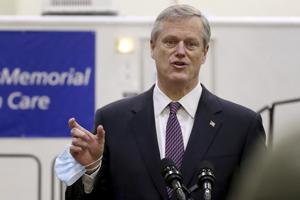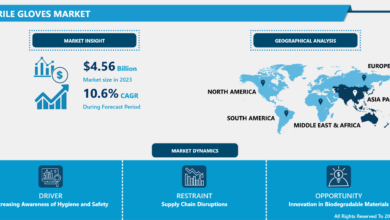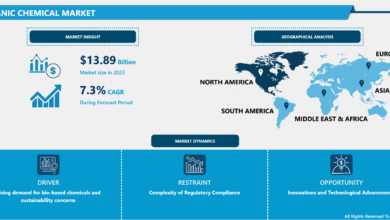Baker signs $4B COVID-19 spending bill

(The Center Square) – Gov. Charlie Baker signed the state’s $4 billion spending plan that is designed to speed up the state’s recovery from the COVID-19 pandemic.
In a news release, the governor highlighted the spending bill that focuses on investments in housing, healthcare, workforce development, premium pay for essential workers, and infrastructure. The bill, first proposed in June, uses American Rescue Plan Act funding.
“The pandemic has had a significant impact on Massachusetts workers, families, communities, and businesses for nearly two years, and today’s signing directs billions of dollars in relief toward those hardest hit across the Commonwealth,” Baker said in a statement. “While this package falls far short of the investment I called for to address the housing shortage, the important investments included in this bill will help to accelerate Massachusetts’ economic recovery and provide long-lasting benefits to infrastructure, healthcare, education systems, and small businesses.”
The bill will distribute $2.55 billion from the state’s allotment of $5.286 billion in ARPA Coronavirus State Fiscal Recovery Funds the state received in May, according to the release. The funding is to be used to support COVID-19 response efforts, including replacing lost revenue, support economic stabilization for households and businesses, and leveling the public health field and economic challenges in municipalities around the state.
The state will still have $2.3 billion in recovery funds to designate for spending, according to the release.
“The Commonwealth has worked diligently over the past two years to deploy billions worth of federal support to strengthen our economic recovery, support those in disproportionately impacted communities, and get people back to work,” said Secretary of Administration and Finance Michael J. Heffernan in the release. “We appreciate the collaboration of our colleagues in the Legislature on this bill to invest in healthcare, housing, and the Massachusetts workforce and look forward to even more critical investments in 2022 with the remaining ARPA funds.”
In addition to the authorized ARPA spending in the bill an additional $1.45 billion has been appropriated through the Transitional Escrow Fund, which is accumulated from FY21 budget surplus funds. Spending will be funneled through the Secretary of Administration and Finance to match expenditures with funding sources while following federal rules and regulations assigned to the funds.
The bill will use $150 million to finance housing for various populations, including seniors and veterans, and another $150 million will be earmarked for public housing maintenance. Another $114 million will be used for rental housing production, and $65 million will go to expand homeownership opportunities.
The bill provides $400 million for addiction treatment and behavioral health services, workforce and infrastructure and $260 million will go to fiscally stressed hospitals. Local and regional public health, including local boards of health staffing, technology and training, will receive $200 million, and $50 million will be used for workforce retention and capital improvements at nursing homes and $30 million to support loan repayment, retention, and recruitment programs for human service workers.
For workforce development, the bill earmarks $500 million to invest in the Unemployment Compensation Trust Fund, $500 million for premium pay for low-income essential workers, $107.5 million for workforce and technical training, and $24.5 million in workforce development and capital grants for YMCAs and Boys & Girls Clubs.
The state will spend $135 million to support cultural facilities and tourism assets, and $75 million in grants to small businesses with $50 million going to businesses reaching underserved markets and minority-, women- and veteran-owned business. Plus, $25 million will be earmarked for businesses that did not qualify for prior programs.
The state will invest $100 million in water and sewer infrastructure grants, $100 million to improve culverts, dams, and other environmental infrastructure, and $90 million for marine port development. The state will also use $50 million to close the digital divide and increase broadband access.
The bill will also invest $105 million in education for recovery grants to the state’s universities and community colleges, $100 million for school HVAC grants, and $100 million for capital grants for vocational schools and career technical education programs.
According to the release, the governor signed 86 of 88 sections of the bill, including one that would exclude federal Paycheck Protection Program loans, Economic Injury Disaster Loan advances, Shuttered Venue Operators grants, Restaurant Revitalization Fund grants and Small Business Association loans from taxable income.
Baker did return one section to the legislature with proposed amendments and one vetoed section. However, the governor did sign a portion that will establish a $500 million COVID-19 Essential Employee Premium Pay Fund for one-time payments to those front-line workers employed through the pandemic.
Disclaimer: This content is distributed by The Center Square


